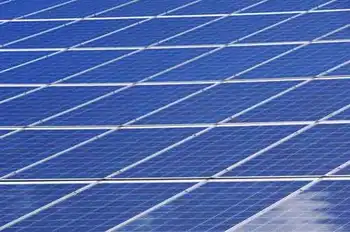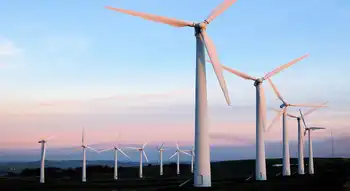BC Hydro to add four new biomass facilities
VANCOUVER - - BC Hydro, British Columbia, CanadaÂ’s largest electric utility, has selected four biomass projects as part of its self-prescribed clean energy initiative called the Bioenergy Call to Power. The program is designed to acquire and provide cost-effective clean, renewable energy.
BC Hydro, which operates several hydroelectric facilities and three natural gas-fueled power plants, expects British ColumbiaÂ’s power needs to increase 20 to 40 percent over the next 20 years. In response, a concerted effort has been made to become self-sufficient by securing new supplies of clean energy.
Earlier this year, BC Hydro called for renewable energy proposals as part of the second phase of its Bioenergy Call to Power and selected four biomass projects in Chetwynd, Fraser Lake, Fort St. James and Merrit. The company hopes to have the plants in service by Nov. 1, 2016 at a capital spending cost exceeding $300 million.
The facilities will utilize local feedstocks comprised of sawmill residues, manufacturing/roadside debris, logging slash and standing timber. Generating 754 gigawatt hours per year, the energy produced will meet the annual needs of 70,000 homes.
To meet British ColumbiaÂ’s future electricity needs, BC Hydro is adopting new technologies, including biomass energy, to prepare the province for the future. Including these projects, BC Hydro has acquired 16 power purchase agreements totaling 3,300 gigwatt hours of energy per year.
“Clean, abundant electricity has been and will continue to be key to British Columbia’s prosperity and economic quality of life, so we are pleased to move forward with these projects that contribute to British Columbia’s energy supply,” said Charles Reid, BC Hydro’s executive vice-present, finance and chief financial officer.
Related News

US Automakers Will Build 30,000 Electric Vehicle Chargers
WASHINGTON - Seven major automakers announced a plan on Wednesday to nearly double the number of fast chargers in the United States in an effort to address one of the main reasons that people hesitate to buy electric cars.
The carmakers — BMW Group, General Motors, Honda, Hyundai, Kia, Mercedes-Benz Group and Stellantis — will initially invest at least $1 billion in a joint venture that will build 30,000 charging ports on major highways and other locations in the United States and Canada.
The United States and Canada have about 36,000 fast chargers — those that can replenish a drained battery in…




